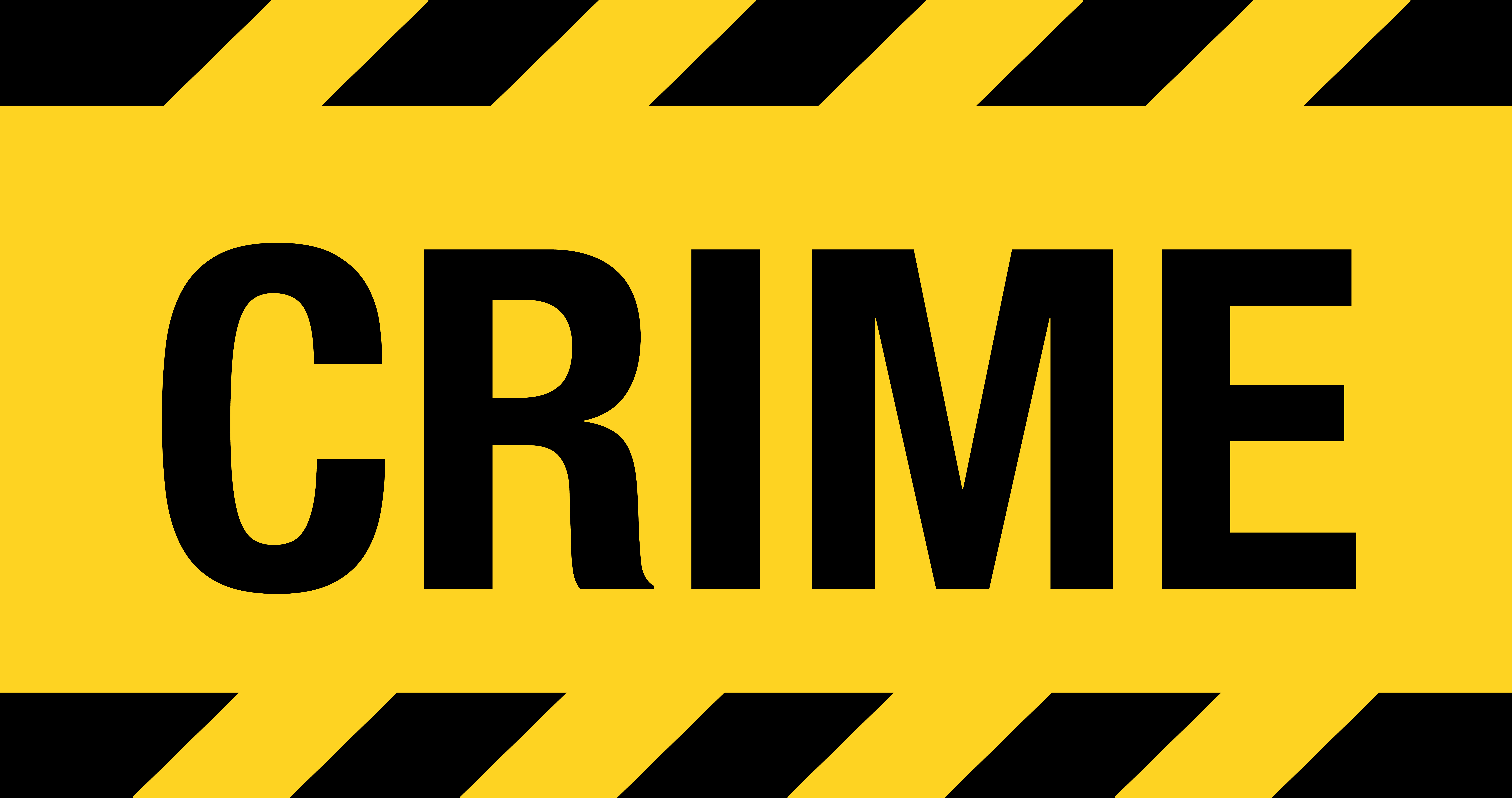Ohio State students who did not carefully contemplate their visibility of their tattoos might be puzzled about allowing potential employers to view their body modifications. As student debate covering up the ink, they might want to study in preparing for a job interview.
“Do some research on the company,” said Kristen Fischer, an academic adviser for the Fisher College of Business. “The culture of the company, including its diversity, should influence you and your dress.”
Fischer advised that a student looking for a job in a more professional setting should be comfortable, but should still be able to keep a professional appearance with or without tattoos.
Those who work in less conservative areas, such as art, feel tattoos should not be seen as a problem.
“I wouldn’t give a rat’s a- -,” said Mary Jo Bole, a professor of ceramics at OSU. Bole said she would want her employer to know who she is, including her body art.
Hopkins Hall, one of the campus buildings dedicated to the study of art, shows a great deal of diversity. The walls are embellished with the artwork of students in varying mediums. The people who inhabit Hopkins Hall are diverse as well – paint and clay on their clothing replace suits and ties. Facial piercings are not given a second thought.
“[Tattoos] are not a big issue in the arts,” said Paul Simon, a shop technician and supervisor for the OSU department of ceramics. “However, in the professional world where there are suit-wearers, I can see how it may be more of a problem.”
Schoenbaum Hall, a Fisher College of Business building, is decorated with dark wood accents and occupied by people who follow a business casual dress code. The furnishings seem to discourage visual individuality and suggest that work done inside the office is more important than expressing identity through clothing, hair or tattoos.
“The trend for dress in recent years has been business casual, but I think it’s swinging back toward being more conservative,” said Fischer. In regards to slightly offsetting a conservative dress code by showing their tattoos, said Fischer.
“One would hope the person giving the interview is open-minded, looks at credentials and stands on merits.”
Nevertheless, they might make a quick psychological-value judgment and write that person off because of visible tattoos, Fischer said.
“Covering up (tattoos) may wear one down mentally, which can show in his or her work,” said Simon, whose tattoos include tools found in his field of metal work.
Bole said covering up for a job interview is a personal judgment. “Sometimes the job may be more important than showing who you are – you have to be the judge,” she said.
Although graduates searching for jobs might think the long nights of homework are finished, they might want to reconsider. Reading up on a possible employer and taking notes on its culture, background and goals might not be a bad idea.
Meredith Wilkie can be reached at [email protected].


